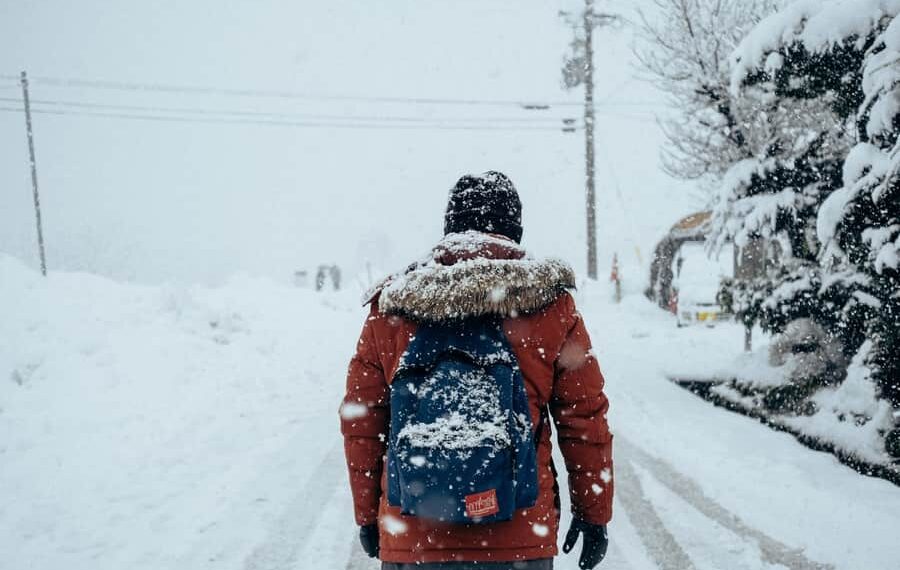Those of us who work outdoors face a range of added difficulties, especially during winter. If you’re earning a living without a roof over your head, then there are few things you can do to cancel out some of the dangers, and ensure that you’re able to remain safe as well as productive.
Table of Contents
Dealing with Weather Hazards
The weather is going to pose a few health and safety questions. At the height of summer, your biggest concern will be sunburn and dehydration. Make sure that you’re adequately covered, that you stay in the shade wherever possible, and that you wear high-factor sunblock.
Cold weather obviously poses a different set of difficulties. Make sure that you’re wrapped up warm, and that you have access to outdoor heaters. This goes especially for your fingers, which you might need to perform fiddly tasks.
Personal Safety
Making sure that you’re visible to other workers, and that you’re not taking any unnecessary risks, will go a long way toward ensuring your safety. You’ll also need to think about the particular dangers that you’re exposed to. Practice proper technique when you’re using equipment, and don’t allow hazardous practices to recur.
For example, if you’re using a table saw, make sure that you always check your surroundings, that you’re in control of the workpiece, and that you’re using a riving knife to avoid kickback. Different precautions apply to different tools, so make sure that you’re adequately trained with everything you intend to use.
Protective Clothing
Personal Protective Equipment is essential in a range of professions. The type of PPE that you invest in will depend on the type of work you’re doing, and the conditions in which you’re doing it. If you’re working outdoors during cold weather, or you’re handling hazardous substances, then a set of robust work-gloves is going to be critical. Keep several pairs handy.
Hydration
Even if you’re working indoors at a sedentary desk job, it’s important to get enough fluid throughout the day. If you’re doing physically intensive work outdoors during summer, then you’re going to need more fluid, because much of the water you take on will be lost through sweat.
Keeping a refillable water bottle handy throughout the day will help you to stay hydrated, even if you aren’t going for a break.
Training and Risk Assessment
As we’ve seen, looking after your own personal safety requires taking a range of precautions. These should all stem from a risk assessment. If you’re self-employed, it’s your legal responsibility to carry this out prior to work. If you’re not, it should be conducted by your employer. The findings will be used to inform health and safety policy.

